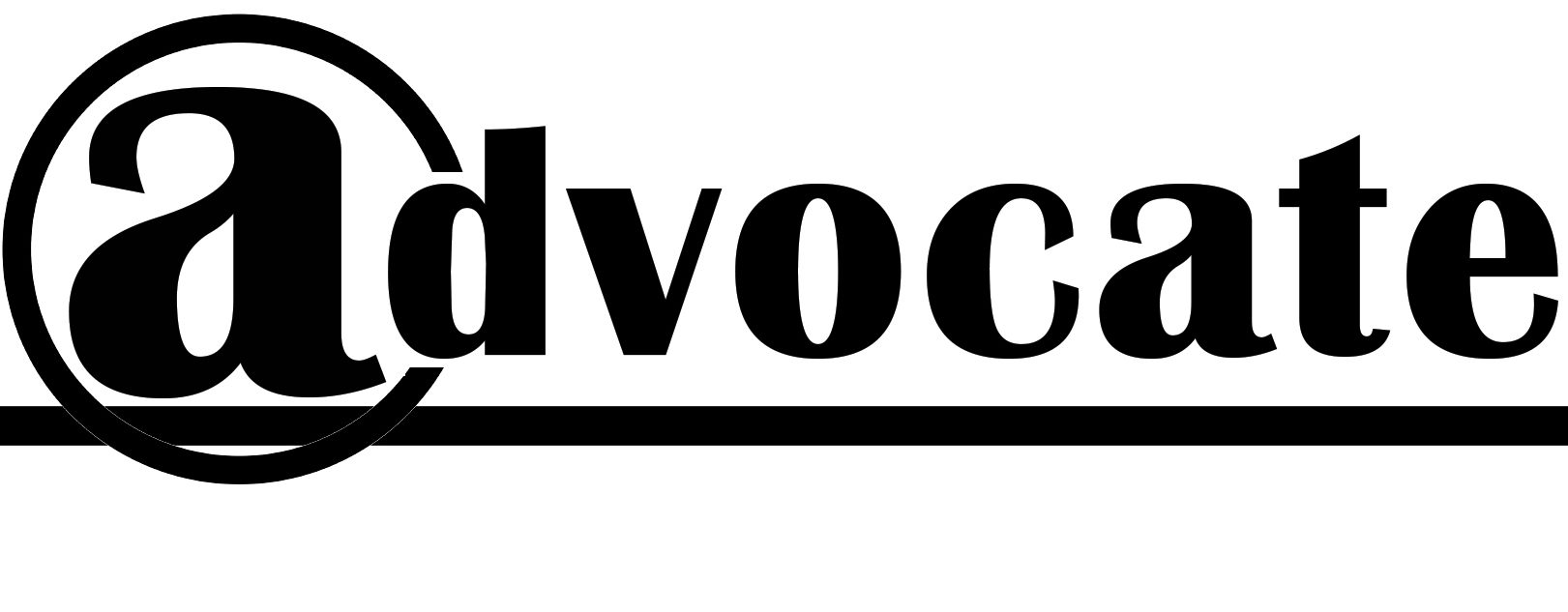By Patrick McGee
The destruction of archives is foundational to the modern European nation-state. As we see today in Gaza, in bombing campaigns against libraries, archives, and museums, the perpetuation of the Zionist state is only possible by way of erasure – of Palestinian memory, land, and record. In a reading group on Archival Liberation In and Beyond Palestine this past year, I received a transformative education on the long history and methods of this erasure: from the Haganah Village Files, collected through the subversion and surveillance of Palestinian villages in the 1930s, to the bombing of the Beirut Archives of the Palestinian Research Centre in 1982, to the confiscation of the Jerusalem Archives of the Arab Studies Society in 2001. There has been a systematic attempt since the arrival of the earliest Zionist settlers to fabulate indigenous sovereignty and erase the record of Palestine by way of archival destruction. These materials are then held in a state of settler “archival apprehension,” with Israeli archivists attempting to transform the structural relationships of territory, governance, and memory through redescription and access. However, these restructurings leave “traces of violence,” archival hauntings which write “collective indigenous presence that colonization tries to marginalize” into the land, into generational memory, into history. Every erasure leaves a mark.
Similar contradictory drives to at once preserve and destroy are present in other instances of archival destruction enacted by modern Western states. During the French Revolution there was the desire to destroy the records of the Old Regime while simultaneously establishing an authoritative historical repository. Then, at the end of the Algerian War for Independence, far-right French terrorists, including archivists, attempted to send damning police records to the bottom of the ocean, raging against the tide of History. While Zionism has its own unique operational logic, it is a logic borne of European colonialism and its violent claims to state sovereignty.
. . .
The history of modern archives is often traced back to the policies of provenance, arrangement, and preservation established during the French Revolution. This is also the founding event of what we today consider to be liberal democracy––borne of the philosophy of Enlightenment. However, this moment was also a “Revolutionary Tribunal for records,” according to French historian Jules Michelet (1798-1874), in which records were destroyed wholesale in the name of the institutionalization of Reason, that principle of universal law-making theorized by philosophers such as Rousseau and Voltaire. It was the separation of the Ancien Régime’s papers from those of the revolutionary National Assembly that both symbolically and concretely structured the formal distinction between archives and records management. In the course of the Revolution, archives became historical monuments, while records management came to refer to the active documentation of governance. It was the first archivist of the National Assembly, Armond Gaston Camus, who forged this effort. As a member of the Assembly he helped to pass regulations in July 1789 calling for a secure place for the records of the National Assembly to be held, as well as suggesting a national repository for the records of the Old Regime.
Parallel to these attempts to formalize a national archive, royal records had become a “lightning rod for revolutionary outrage.” Records were perceived by the newly liberated citizens as a reviled “symbol of feudal oppression,” upon which peasants enacted “displaced retribution” that upended both the abstract meaning of property titles and debts, and the structure of the French state itself. These acts of destruction also became state policy, with performative burnings of massive amounts of archival records carried out in the provinces. As archivist Judith Panitch writes:
The state now actively sponsored and encouraged manifestations of violence in the furtherance of its own ideological and political agenda. Destroying the symbols of the old regime demonstrated the extent of one’s hatred of that government and, conversely, one’s devotion to the Republic.
In these acts of destruction, the contradictory values of the Enlightenment were burned into the principles of modern archivy. It must be remembered that scientific racism is a direct result of the description and classification projects of Enlightenment liberalism.
Centuries later, as French rule in Algeria reached its dramatic end in the summer of 1962, there were concerted efforts by the far-right paramilitary Organisation armée secrète (OAS) and other French settlers to express their opposition to repatriation and cover their tracks through bombings and assassination. Supported by Franco’s Spain and composed of army deserters, entrenched in the idea of Algérie française and abandoned by their government, these men performed their rage against the territory they sought to defend as their home. And while the Organization committed these acts of terror, it was in fact Republicanism––that ideology of liberty, secularism, and contractual governance of equal citizens––which they claimed guided their actions. The OAS situated their struggle in these principles which had guided prior French uprisings, most assuredly the French Revolution. It was against the “tide of History,” a metaphor which President de Gaulle used to express the inevitability of decolonization, that the OAS attempted to leverage the immutability of rational legalism and domestic liberty. As Todd Shepard writes in Invention of Decolonization, “By consistently and insistently foregrounding the law and the constitution, the OAS and its fellow travelers sought to legitimate their cause – and thus the violence they employed to advance it––as a fight for ‘Justice’ and ‘the Republic’.” This fight was to be waged upon archives.
In mid-June 1962, the OAS began their “scorched earth” campaign in response to French retreat. On June 11th, the University of Algiers library was set on fire. On June 15th, an OAS truck bomb killed 40 people and caused great damage to the Regional Archives located in the Algiers City Hall. Following these attacks, a group of OAS members, as well as the head archivist at the Regional Archives, took a boat into the Bay of Algiers in the middle of the night to send a large collection of police archives to the bottom of the ocean. The boxes would not sink, and were doused with gasoline and sent up in flames. These examples are particularly disturbing, but state-sanctioned destruction of archival records for the protection of French interests had been carried out in Algeria prior to OAS terror. Thousands of cartons of records produced in Algeria were also shipped to France in the process of decolonization, and many tons of records are still in dispute today.
According to Shepard, archival authority undergirds nation-states. Or, as Panitch writes, national archives “give meaning to the nation, confirming its legitimacy and…its vital mythologies.” These disparate examples of French archival dispute inform the archival destruction and looting central to the project of Zionist settler-colonialism in Palestine. They provide modern context for the terror and apartheid enacted upon the Palestinian people since the late 1920s, and thread the longue durée of colonialism from its justification as scientific Enlightenment to its current annihilating iteration in Palestine. State sovereignty is essentially performative – it is the performance of legitimacy through violence. What happens when that violence is done upon what one considers to be their own body?
The logic of self-destructive state formation is enacted today in Gaza. Israeli Minister of Heritage Amihai Ben-Eliyahu was recently embroiled in controversy after stating that one of Israel’s options in the siege could be to drop a nuclear bomb on the Gaza Strip. This was a statement made by the official tasked with the preservation of Israeli cultural heritage. After an all-too-familiar process, Eliyahu was suspended by Netenyahu but retained his post, as he had the support of the radical right Minister of National Security Ben-Gvir. He would later walk his statement back, tweeting that “it is clear to all sensible people that the statement about the atom is metaphorical.” We might add, “as are all pretensions to rules-based international order, civilization, and democracy in Israel.” Is there a more stark portrayal of the contradiction lying at the heart of the European nation-state than a Minister of Heritage suggesting the annihilation of life on Earth? The title is thus rendered a carcass: the drive of Zionist preservation is the same lust for destruction lying at the root of all colonial projects. The self-ordained permission to annihilate all record of the indigenous is obscured by the language of “civilization” and “order,” these being the “vital mythologies” underlying the supposedly democratic nation-state. These events constitute a transvaluation––a reconstruction of the value of archives in service of state sovereignty through the act of violent destruction.
In moments of great social upheaval, the symbolic meaning of records are transformed by destruction. Borders are redrawn in blood. This impulse towards destruction-as-transvaluation is found at the originary event of modern archival history, coinciding with a Republic borne of Reason, individual liberty, and equality. This tradition was then activated in Algeria––with French terrorists and archivists razing documents they considered fundamental to their national existence in order to annihilate the memory of colonialism and Algerian claims to indigenous sovereignty. The language of Reason was used to justify their actions; the concepts were transformed into hollow shells. If we hope to shore up the accelerating drift towards fascism in all its forms, we must recognize the archival destruction residing at the heart of the European nation-state. Destruction is not recreation. There will always be a trace of violence. May all empires fall by their own annihilating drives, and our world be emancipated by counter-archives of liberation and critical memory.
References
Ghaddar, J. (23 July 2024). Resistance archives in the shadow of genocide. Briarpatch Magazine. https://briarpatchmagazine.com/articles/view/resistance-archives-in-the-shadow-of-genocide
Jawad, Saleh Abdel. (2016) “Colonial Anthropology: The Haganah Village Intelligence Archives.” Jerusalem Quarterly 68 (Winter).
Masalha, Nur. 2012. “Appropriating History: Looting of Palestinian Records, Archives and Library Collections, 1948–2011.” In The Palestine Nakba Decolonising History, Narrating the Subaltern, Reclaiming Memory, 135–47. London: Zed Books.
Panitch, J. M. (1996). Liberty, Equality, Posterity?: Some Archival Lessons from the Case of the French Revolution. The American Archivist, 59(1), 30–47.
Sabbagh-Khoury, A. (2024). Settler colonialism and the archives of apprehension. Current Sociology, 72(1), 25-47. https://doi.org/10.1177/00113921221100580
Shepard, T. (2015). “Of Sovereignty: Disputed Archives, ‘Wholly Modern’ Archives, and the Post-Decolonization French and Algerian Republics, 1962–2012.” The American Historical Review, 120(3), pp. 869–83. https://doi.org/10.1093/ahr/120.3.869.

